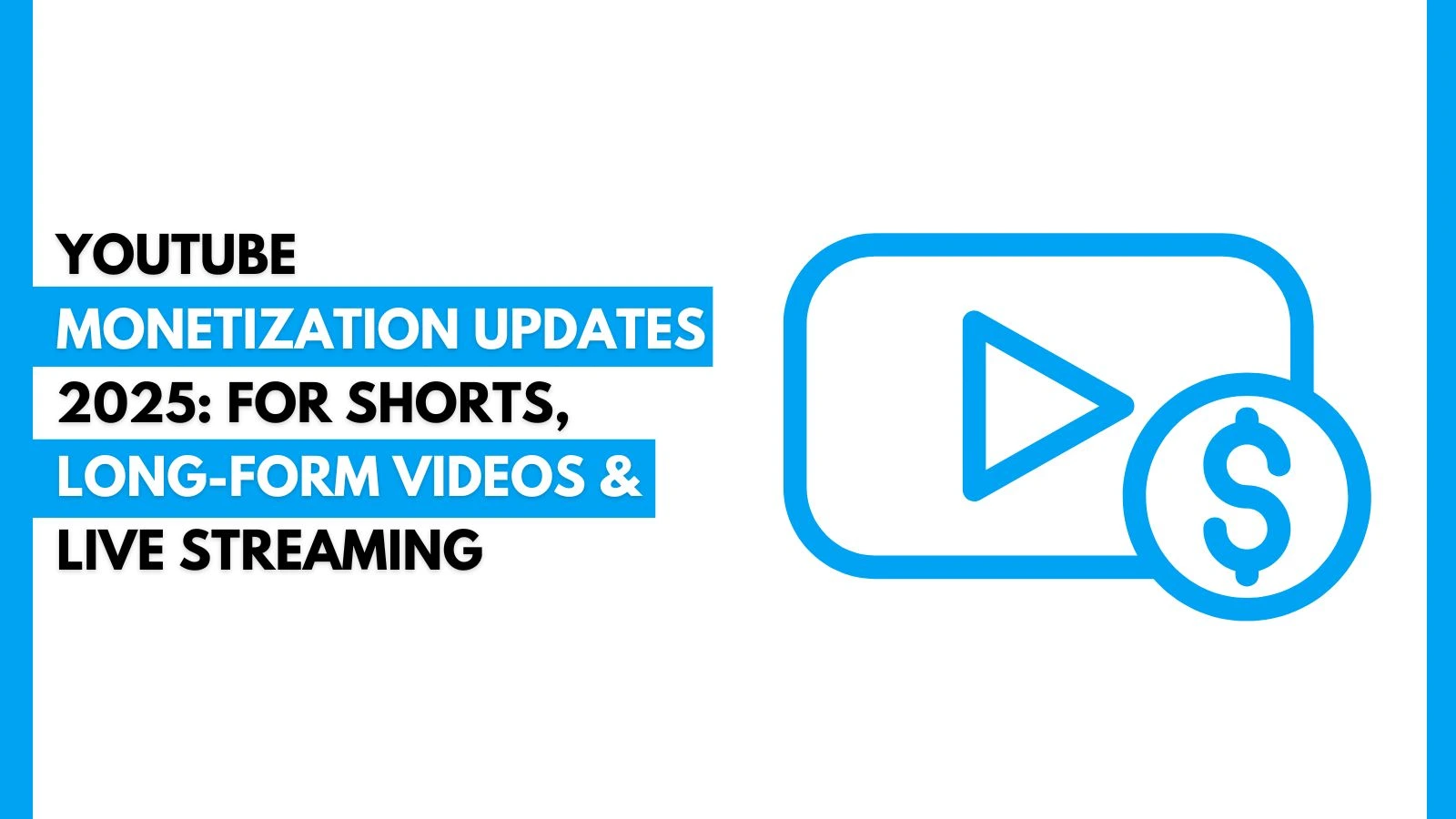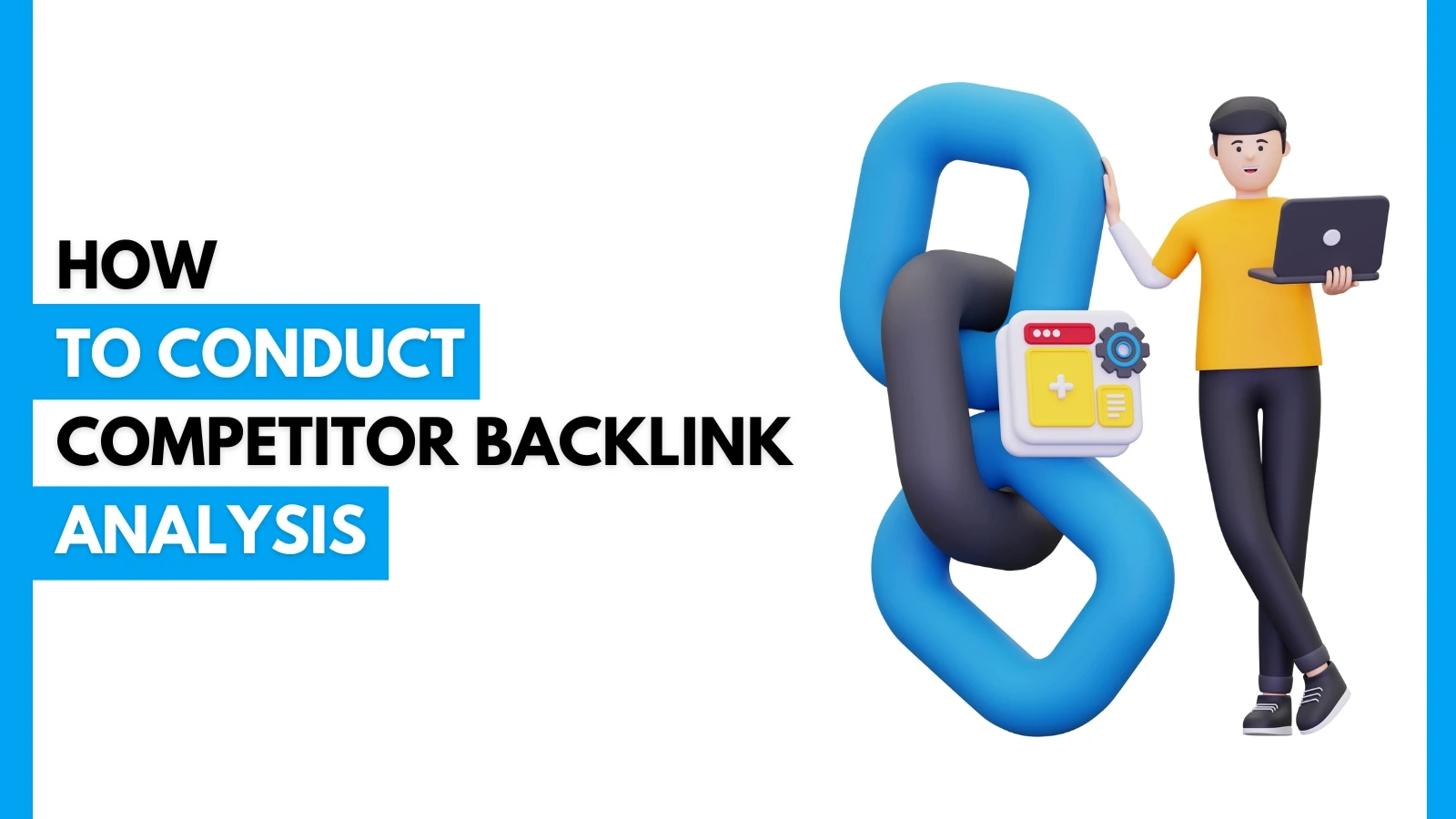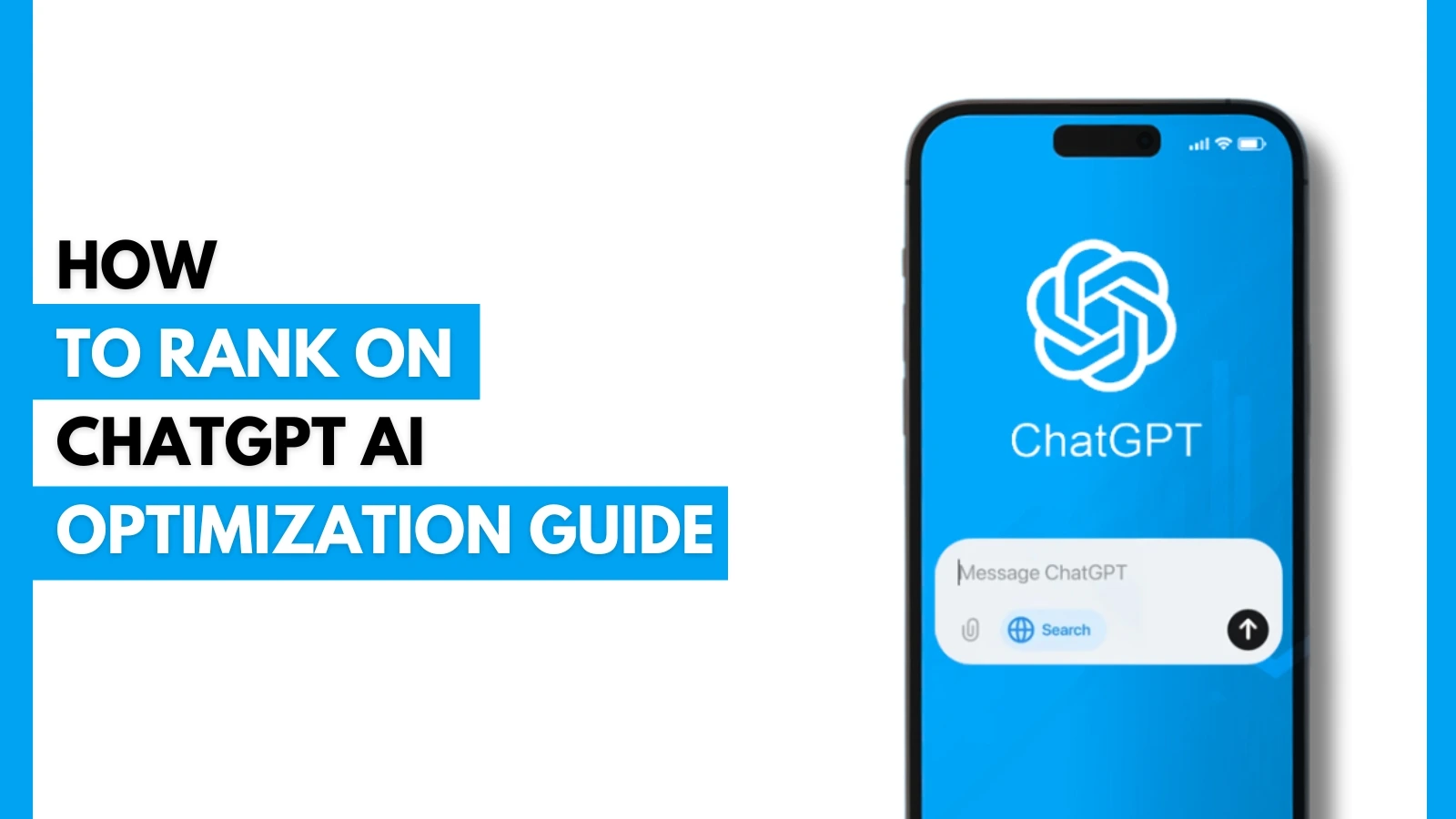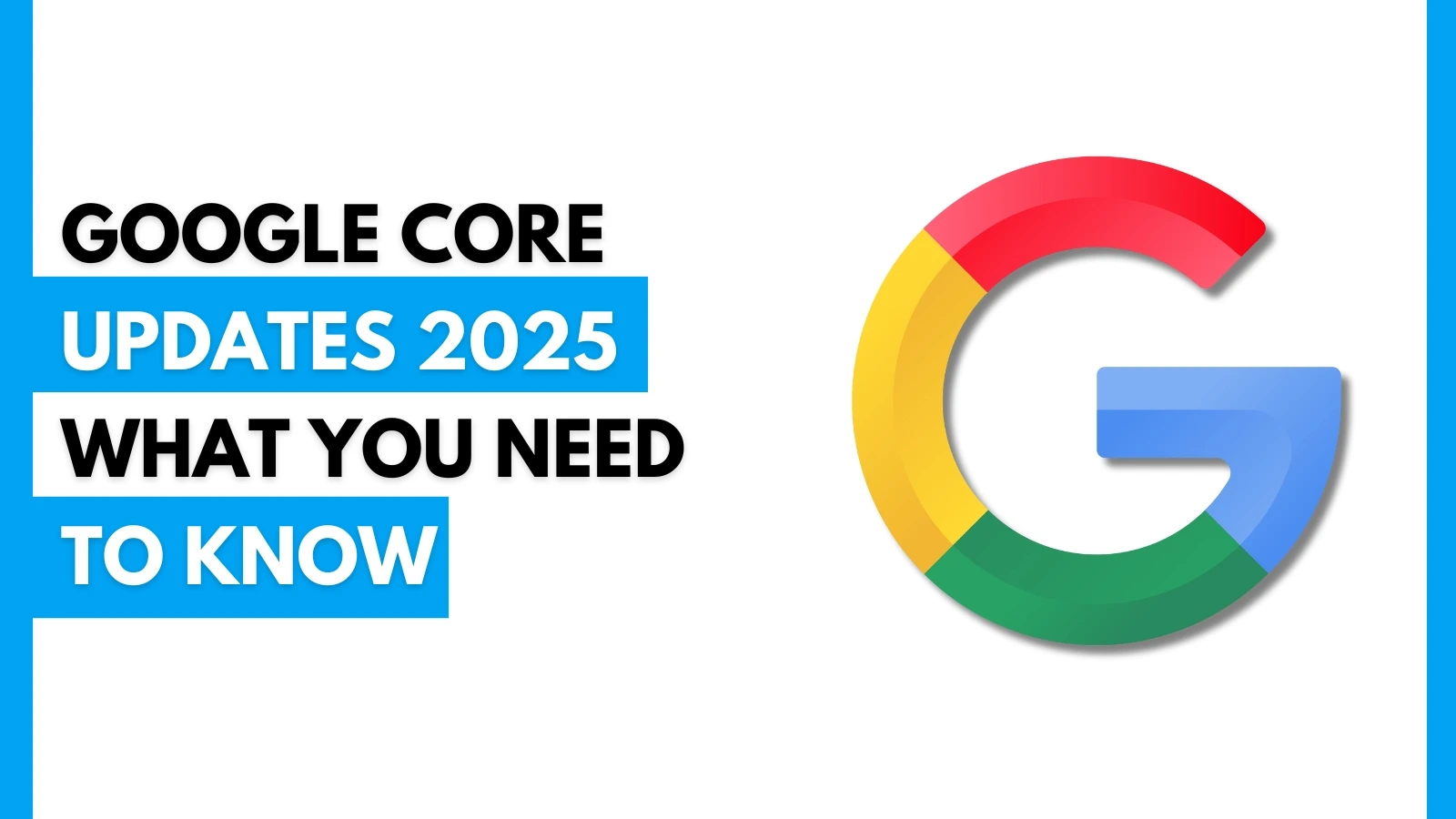Google Analytics, a web analytics platform that tracks and reports on website traffic, is offered by Google. It is currently a part of the Google Marketing Platform. After acquiring Urchin, Google launched the service on November 5, 2005. Google Analytics remains the most popular web analytics service as of 2019. Google Analytics offers an SDK to collect usage data from iOS or Android apps. This is known as Google Analytics Mobile Apps. Google Analytics can be blocked using browser extensions, firewalls, and other methods. Since its inception, Google Analytics has been through many iterations. The current version of Google Analytics is on the fourth iteration, which is known as GA4. GA4, the default Google Analytics installation, is the renamed version of the (App + Web Property) Property that Google released in 2019 in Beta. GA4 is currently replacing UA, Universal Analytics. GA4's natural integration with Google Big Query is a notable feature. This feature was previously only available to enterprise GA 360. Google is attempting to integrate GA and its users free of charge into their cloud offerings.
Features
Google Analytics tracks website activity, such as session duration, page views per session, bounce rates, and bounce rate. The site's visitors, as well as information about the source of traffic. It can be connected with Google Ads. With this, users can create and review online ads and track landing page quality and conversions. Some goals might be sales, lead generation or viewing a page. Google Analytics presents high-level dashboard-type data to the casual user and more detailed data further down the report set. Google Analytics analysis can help identify pages that are not performing well using techniques like funnel visualization, which referrers they came from, how long they stayed on-site and their geographic location. You can also use it to segment visitors. Google Analytics ecommerce reporting can be used to track sales activity as well as performance. E-commerce reports can show site transactions and revenue as well as other metrics related to commerce. Google Analytics introduced Real-Time Analytics on September 29th 2011. This allows users to gain insights into the visitors who are currently visiting their site. One user can create up to 100 profiles on a site.
Technology
Google Analytics is implemented using "page tags", which are, in this instance, the Google Analytics Tracking Code. This is a JavaScript code snippet that is added to every page by the website owner. If JavaScript is enabled on the client browser, the tracking code runs in the client browser and collects visitor information and sends it to Google as part of a request. The tracking code loads larger JavaScript files from Google's web server and then sets variables using the account number. As of May 2018, the larger file, currently known as ga.js, was 40 kB. Browser caching means that the file doesn't need to be loaded. If caching is enabled in your browser, ga.js will be downloaded only once per visit. Because all websites using Google Analytics with the ga.js code use the same master Google file, any browser that has visited other websites running Google Analytics will have the file stored on their computer. The tracking code transmits information to Google servers. It also sets a first-party cookie (if cookies are enabled in the browser). This cookie is stored on every visitor's computer. This cookie stores anonymized information, called the ClientId. There were many cookies that stored information before Universal Analytics was launched. These included the ClientId, which is anonymous information.
Limitations
Google Analytics for Mobile Package also allows Google Analytics to apply to mobile websites. The Mobile Package includes server-side tracking code that uses PHP, JavaServer Pages or ASP.NET as its server-side language. Many ad filtering and extension programs, such as Firefox's enhanced tracking protection, NoScript, and the mobile app Disconnect Mobile, can block the Google Analytics Tracking Code. This blocks some users and traffic from being tracked, leading to gaps in the data collected. Privacy networks such as Tor can mask the user's location and provide inaccurate geographic data. A small fraction of users don't have JavaScript-enabled/capable browsers or turn this feature off. These restrictions, mostly ad filtering software, can enable a large number of visitors to ignore the tracker. Users can delete or block Google Analytics cookies, which could have an impact on data accuracy. Google Analytics can't collect data if cookies aren't set. Google Analytics users can delete or block cookies, which will result in data loss. Site owners can encourage visitors to not disable cookies by posting privacy policies. Google Analytics allows users to navigate between pages by using JavaScript tags (libraries). This allows website owners to store information about each page, such as the URL. Google Analytics JavaScript libraries use HTTP cookies to remember what a user did on previous pages as well as his interactions.
Performance
Many online discussions have focused on the effects of Google Analytics on site performance. Google introduced the JavaScript code in December 2009 to decrease the possibility of slow loading pages that were tagged with ga.js.
Privacy
Because of its ubiquitous use, Google Analytics raises some privacy issues. If someone visits a website that uses Google Analytics, Google tracks those who visit using the user's IP address to determine their approximate geographical area. To comply with German legal regulations, Google Analytics can anonymize the IP address. Google has also launched an extension for browsers that shuts off information regarding a site visit from being transmitted to Google, but this browser extension isn't yet accessible for mobile browsers. Because this plug-in is developed as well as distributed by Google, its own company, it has been subject to a lot of debate and criticism. In addition, the realization of Google scripts tracking user activity has led to the creation of several, usually open-source browser plug-ins that block cookies that track user behaviour. These plug-ins let users stop Google Analytics and similar sites from tracking their actions. A majority of browsers let users refuse third-party tracking cookies and scripts. In certain cases, that is an automatic setting. It's been reported that problems can be experienced through proxy servers and firewalls, causing changes to timestamps or registration of invalid search results. Webmasters seeking to minimize Google Analytics' specific privacy concerns can use a range of options that have their backends run on their computers. Before its demise, the most notable instance of such a service could be Urchin WebAnalytics Software from Google itself. On 20 January 2015, The Associated Press reported that HealthCare.gov allowed enrollees access to their personal information to private firms that specialize in advertising and mentioned Google Analytics specifically.
Support and training
Google provides Google Analytics for free. Google Analytics IQ Lessons, Google Analytics certification test, the Google Analytics certification test is free, as well as the Help Center FAQ and Google Groups forum to provide Google Groups forum for Google Analytics product support. The latest features for the product are revealed via the blog of Google Analytics. Support for enterprises is offered via Google Analytics Certified Partners or Google Academy for Ads.
Third-party support
It is the Google Analytics API that may be utilized by third-party developers to create customized applications, such as tools for reporting. There are a variety of such apps. One of them was designed for use on iOS (Apple) phones and is available in the app store of Apple. There are several third-party applications that offer analytics based on Google Analytics. For instance, the Management API, Core Reporting API, MCF Reporting API, along the Real-Time Reporting API are subject to limitations and quotas.
Popularity
Google Analytics is the most frequently used web statistics tool. The service was launched in the month of May 2008. Pingdom published a study that revealed that 161 of the 500 (32 per cent) most popular websites globally in terms of their Alexa rank used Google Analytics. Another market share analysis found it was the case that Google Analytics was used by about 49.95 per cent among the most popular 1,000,000 sites (as classified in 2010 according to Alexa Internet). In 2012, the use of Google Analytics was about 55percent for the 10000 top websites. And in August of 2013, Google Analytics was used by 66.2 per cent of the 10000 most popular websites ranked by popularity, as per BuiltWith.


.png)




.webp)



















.webp)






















 A Complete Guide.webp)











































.jpg)










 Efficiently.jpg)
.jpg)
























.jpg)
.jpg)
























.jpg)


















.jpg)
.jpg)




























.webp)





.jpg)


















 Campaign.jpg)




.jpg)

.jpg)

.png)



.jpg)



.jpg)
.jpg)
.jpg)



.jpg)








.png)
.jpg)




.jpg)

.jpg)
.jpg)


.jpg)


.jpg)



.jpg)





















.jpg)














.png)





















.jpg)






.png)

.png)



.png)

.png)
.png)



.png)
.png)
.png)
.png)
.png)

.png)
.png)
.png)
.png)
.png)
.png)
.png)
.png)
.png)
.png)
.png)

.png)
.png)
.png)
.png)
.png)
.png)
.png)
.png)
.png)



.png)
.png)
.png)

.png)
.png)
.png)
.png)
.png)
.png)
.png)
.png)
.png)
.png)
.png)
.png)
.png)
.png)
.png)
.png)
.png)
.png)
.png)
.png)
.png)
.png)
.png)
.png)
.png)
.png)
.png)
.png)
.png)
.png)
.png)


.png)
.png)

.png)
.png)
.png)
.png)
.png)
.png)
.png)
.png)
.png)
.png)
.png)
.png)
.png)
.png)
.png)
.png)
.png)
.png)
.png)
.png)

.png)
.png)
.png)

.png)
.png)
.png)
 (1).png)
.png)
.png)
.png)
.png)
.png)
.png)
.png)
.png)

.png)

.png)
.png)
.png)
.png)
.png)
.png)
.png)

.png)
.png)
.png)
.png)
.png)
.png)
.png)
.png)
.png)
.png)
.png)
.png)
.png)
.png)
.png)


.png)
.png)
.png)
.png)
.png)
.png)
.png)

.png)
.png)
.png)
.png)
.png)
.png)
.png)
.png)
.png)

.png)
.png)

.png)
.png)
.png)

.png)
.png)
.png)

.png)
.png)
.png)
.png)
.png)
.png)
.png)
.png)
.png)
.png)
.png)
.png)
.png)
.png)
.png)
.png)
.png)
.png)
.png)